
Why more people are celebrating Indigenous Peoples Day PBS NewsHour
People vs. Peoples—What's the Difference? Catherine Traffis Most of the time, people is the correct word to choose as a plural for person. Persons is archaic, and it is safe to avoid using it, except in legal writing, which has its own traditional language.

Best Practices for Working with Different Cultures in the Workplace
[notice in a lift] Any person or persons found in possession of illegal substances will be prosecuted. To refer to groups of human beings or humans in general, we use people: I saw three people standing on the corner. Not: I saw three persons. Jim and Wendy are such nice people. People are generally very selfish.
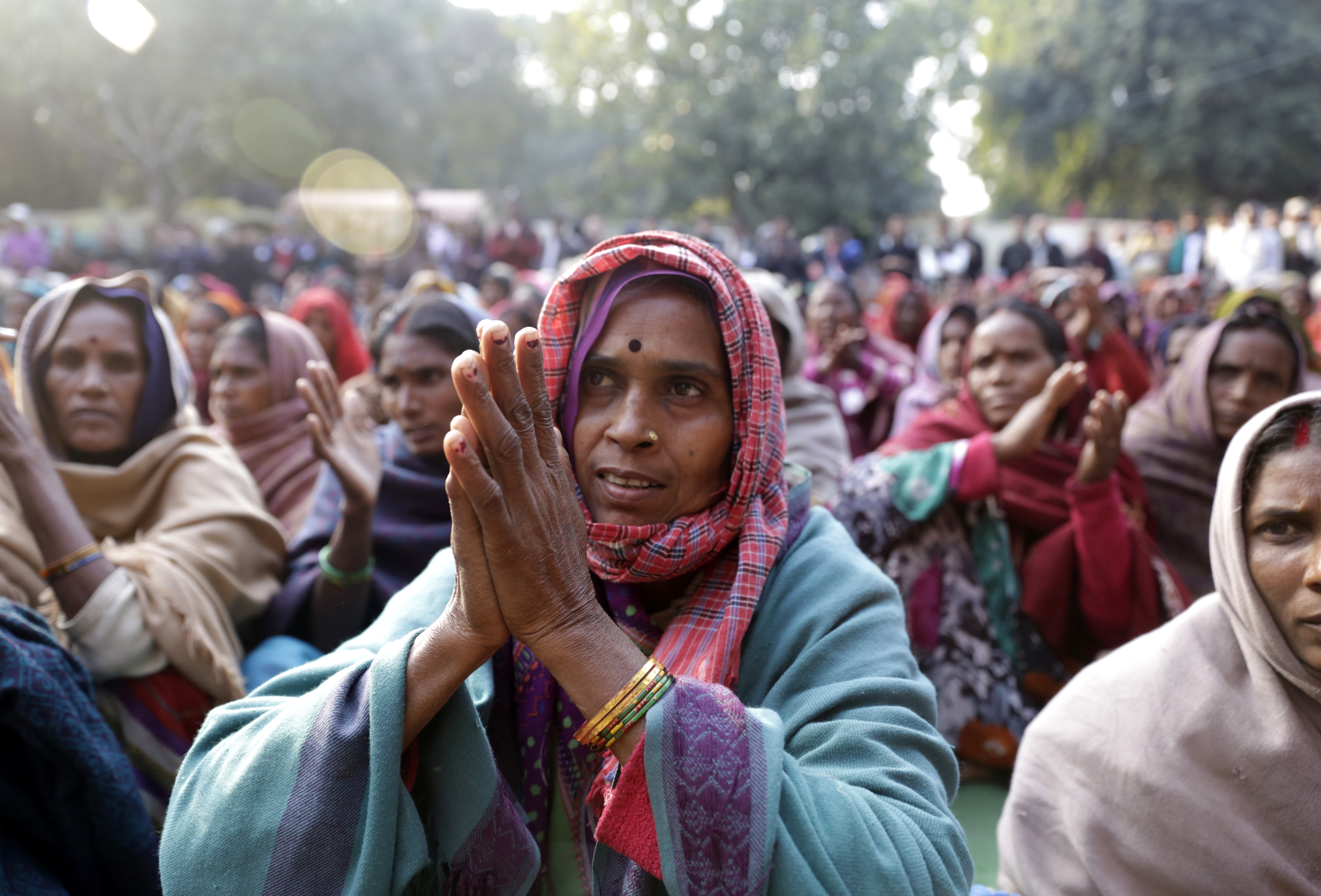
Indigenous people in India and the web of indifference
Australia's Indigenous peoples are two distinct cultural groups made up of Aboriginal and Torres Strait Islander peoples. But there is great diversity within these two broadly described groups exemplified by the over 250 different language groups spread across the nation.

Indigenous Peoples’ Day The Unofficial, ColumbusFree Celebration
People is a collective noun. When we talk about a specific group of people, we consider it as singular and therefore, no need to add s.. Peoples is used when we talk about two or more different ethnic groups. For example, "All the 14 distinct peoples (native groups) of the continent were part of the survey". Whereas People's is not the plural form. The apostrophe ('s) is used to indicate.
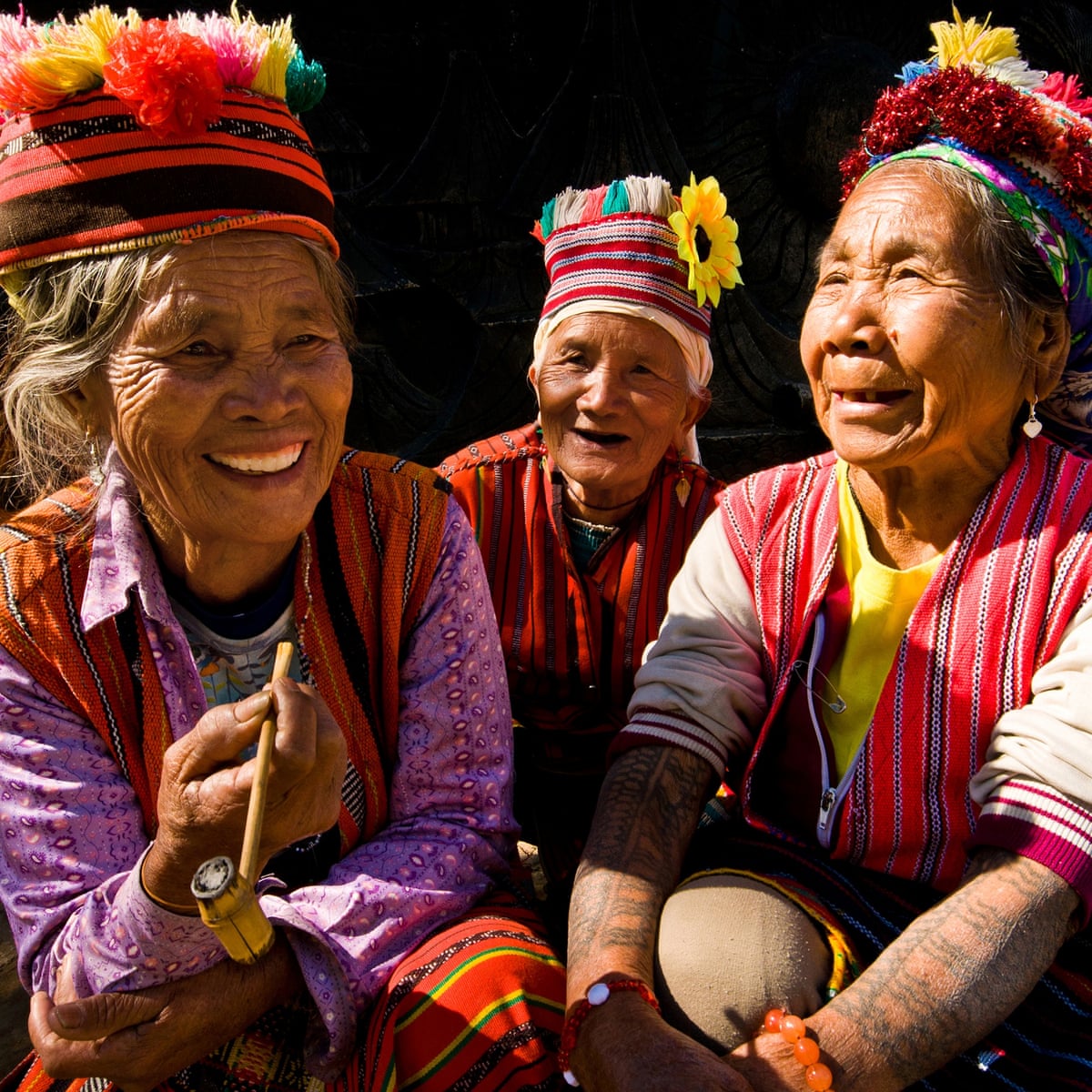
Indigenous peoples in pictures Art and design The Guardian
Peoples'. Peoples' is the plural possessive form of Peoples. When the noun already ends in "s" and we want to make the word possessive, we need to put the apostrophe after the "s". The different peoples' land is still being taken today. In this case, we are talking about different groups of people like tribes.

What Is Indigenous Peoples’ Day and How Is It Celebrated? The New
The word people is predominantly plural (see Merriam-Webster's top definitions), although it can be singular.. According to this source (a Pearson Education Q&A),. In the PLURAL sense, people is used as the plural of person very frequently. It is a plural count noun and takes a plural verb. It never has an -s ending; it is already plural.. Most of the time, people will be plural; and as far as.
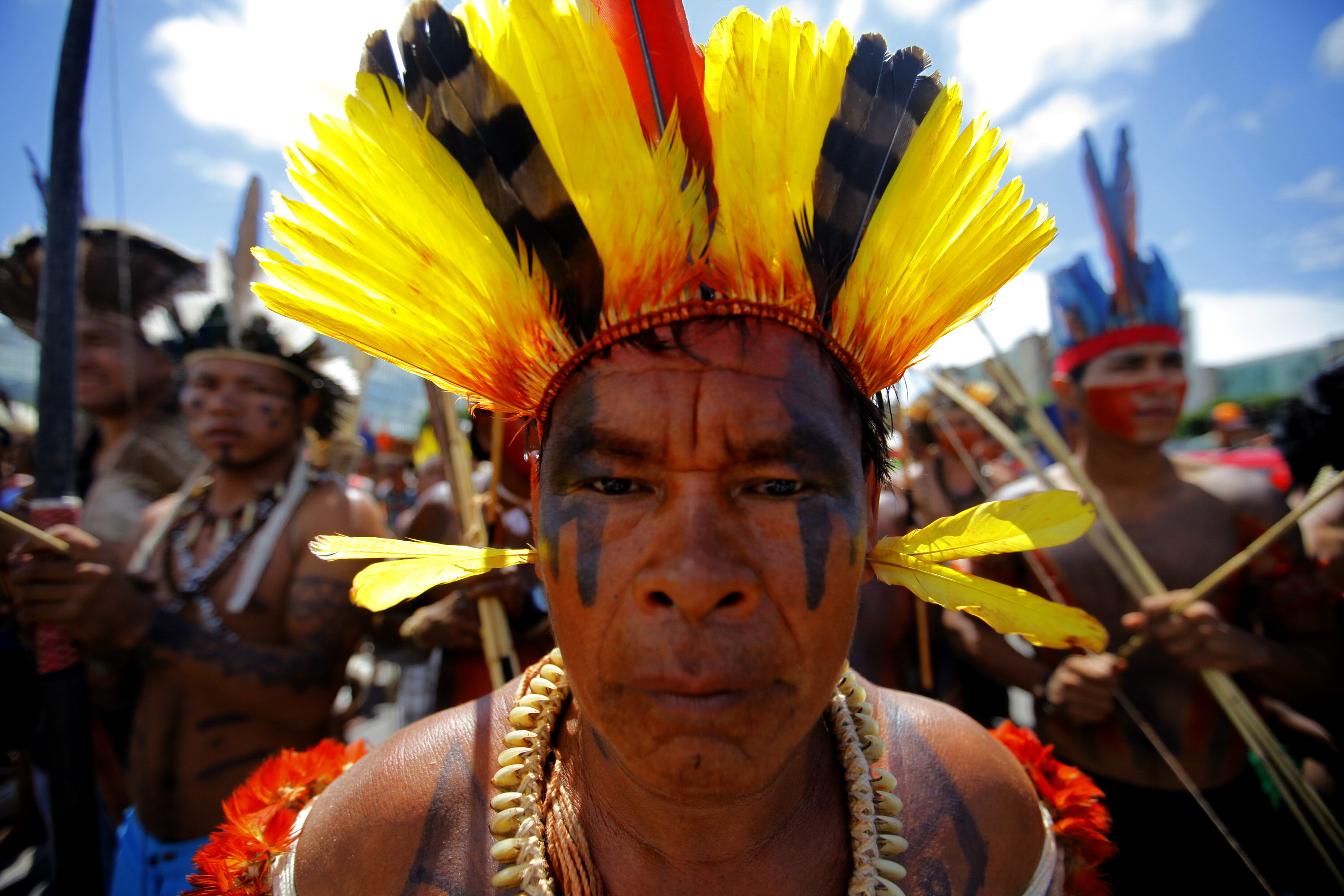
Who's to blame for the deaths of Brazil's indigenous people? America
people (piːpəl ) Word forms: plural, 3rd person singular present tense peoples , present participle peopling , past tense, past participle peopled 1. plural noun People are men, women, and children. People is normally used as the plural of person, instead of 'persons'. Millions of people have lost their homes..the people of Angola. [ + of]
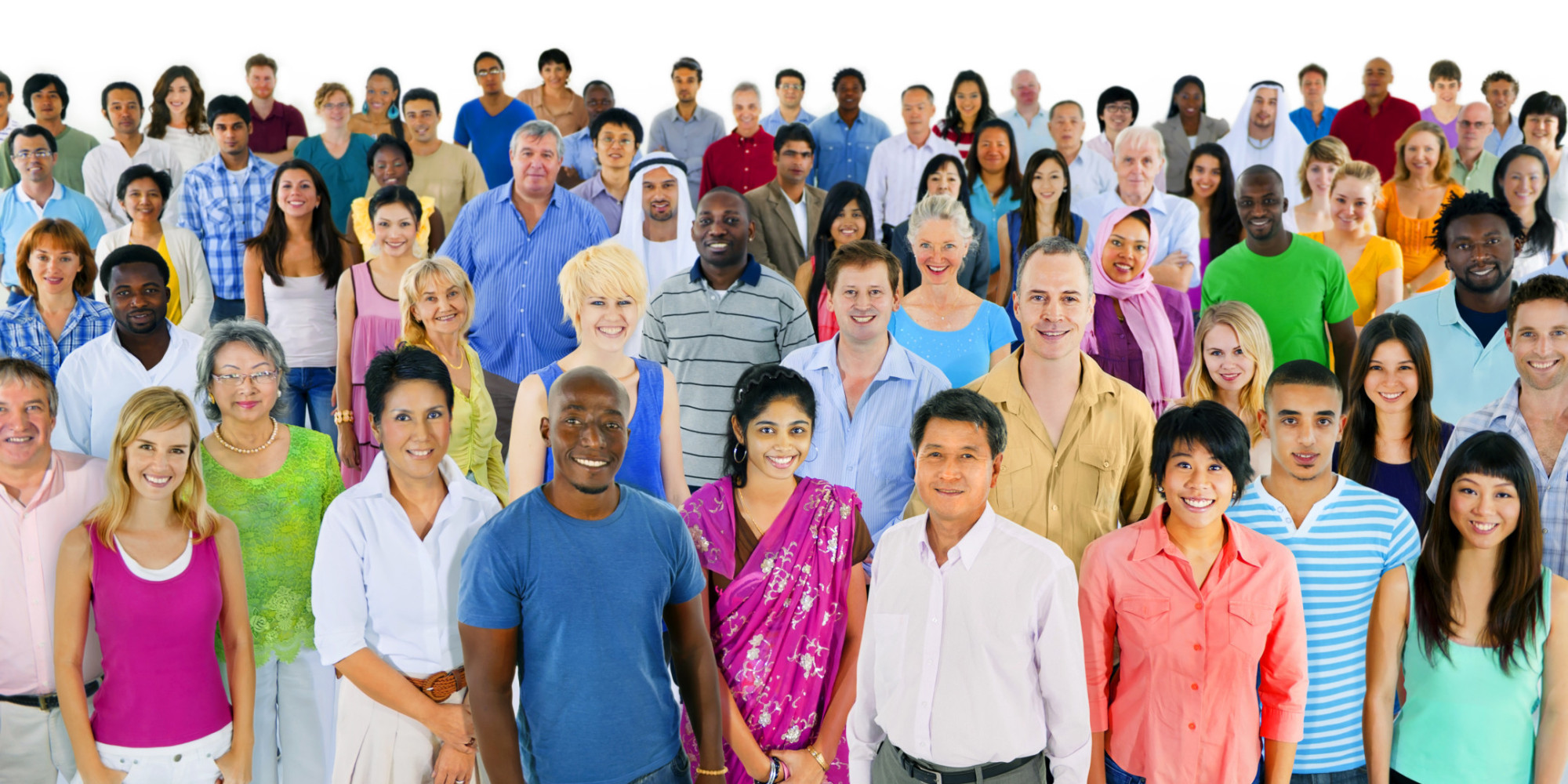
America's Largest Ignored Minority Group HuffPost
Article 24. 1. Indigenous peoples have the right to their traditional medicines and to maintain their health practices, including the conservation of their vital medicinal plants, animals and minerals. Indigenous individuals also have the right to access, without any discrimination, to all social and health services.
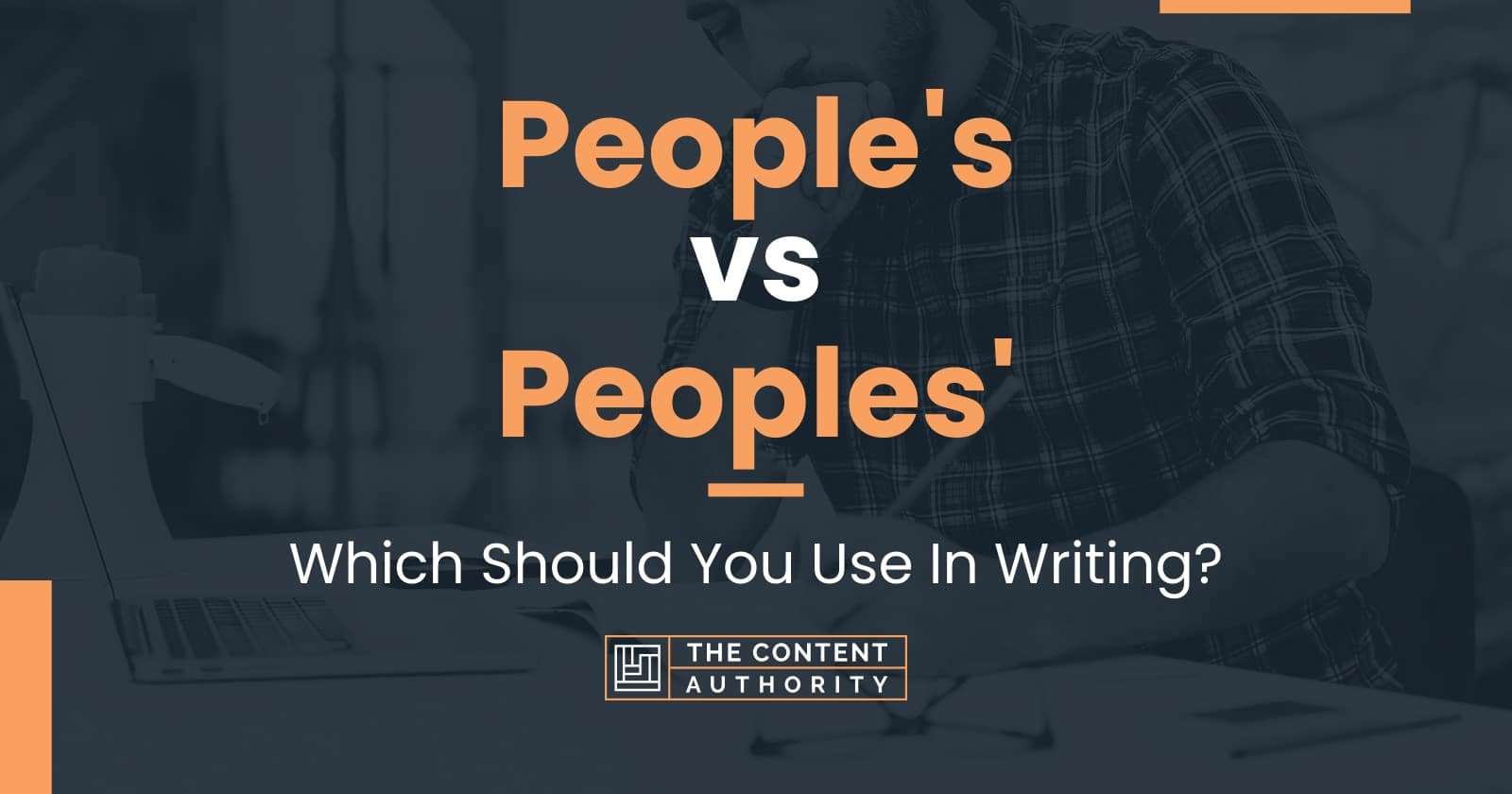
People's vs Peoples' Which Should You Use In Writing?
The correct plural possessive form is "people's.". The rule is to take the plural form of the noun and add an "'s." "Peoples'" is incorrect as the plural possessive form of "person.". In rare circumstances, you might find it works to refer to a group of people within a community. Perhaps this table will help you to.

Torres Strait Islander peoples Culture, History & Language Britannica
people [ pee-p uhl ] show ipa See synonyms for: people peopled peoples peopling on Thesaurus.com noun, plural peo·ples for 4. persons indefinitely or collectively; persons in general: to find it easy to talk to people; What will people think?

banner diverse group of people 2 Washington State Hospital Association
Many usage guides over the years have suggested that there is a clear distinction between these two words; people is used when referring to a collective group or indeterminate number, and persons serves better when referring to individuals (or a number of individuals).

Indigenous Peoples in Canada The Canadian Encyclopedia
The first meaning is simply the plural of person - in other words, two or more human beings. Here are two example sentences with this meaning: We met all sorts of people on the trip. (people=more than one person, in this case, probably many) My neighbors are nice people. (people=more than one person, in this case, probably just a few)

Why Employees Are Your Greatest Asset Insperity
As a general rule, you're absolutely right - person is used to refer to an individual, and the plural form is people. As you have said, we can also use peoples to talk about different groups.
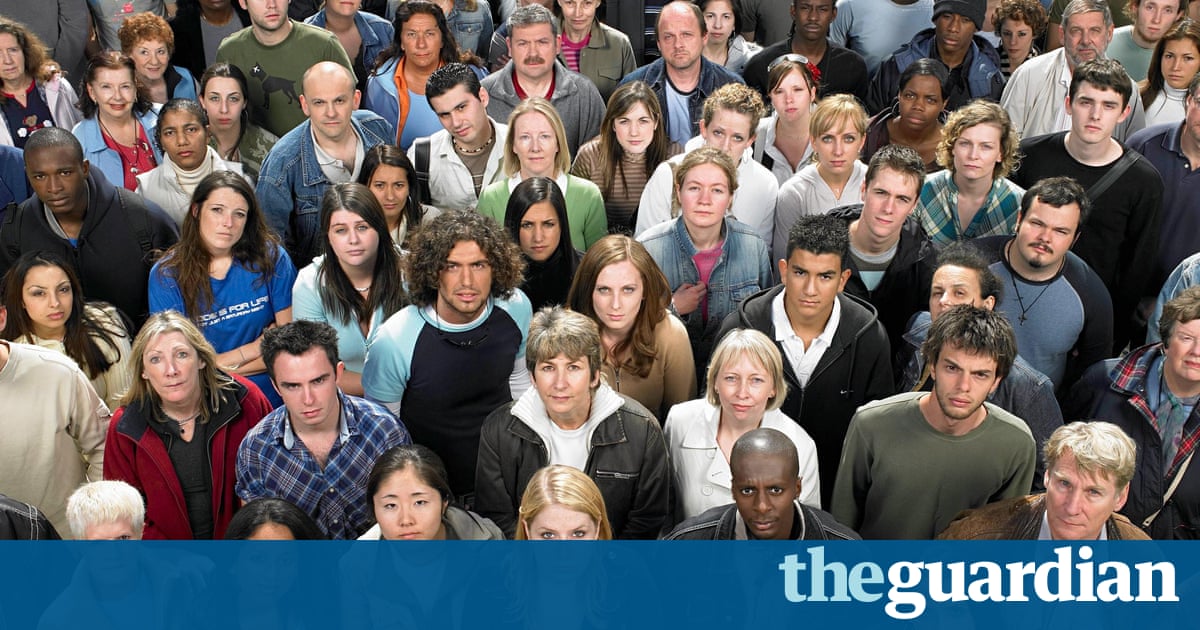
Crowdsourcing the great advertising agency debate Media Network
In the film, a misfit band of Muppets descend upon Manhattan seeking fame and fortune on Broadway. They do not find instant success, and their dreams of stardom give way to the reality of daily living in a major metropolitan center. Kermit eventually finds himself working in a local diner run by Pete and his daughter, Jenny ( Juliana Donald ).
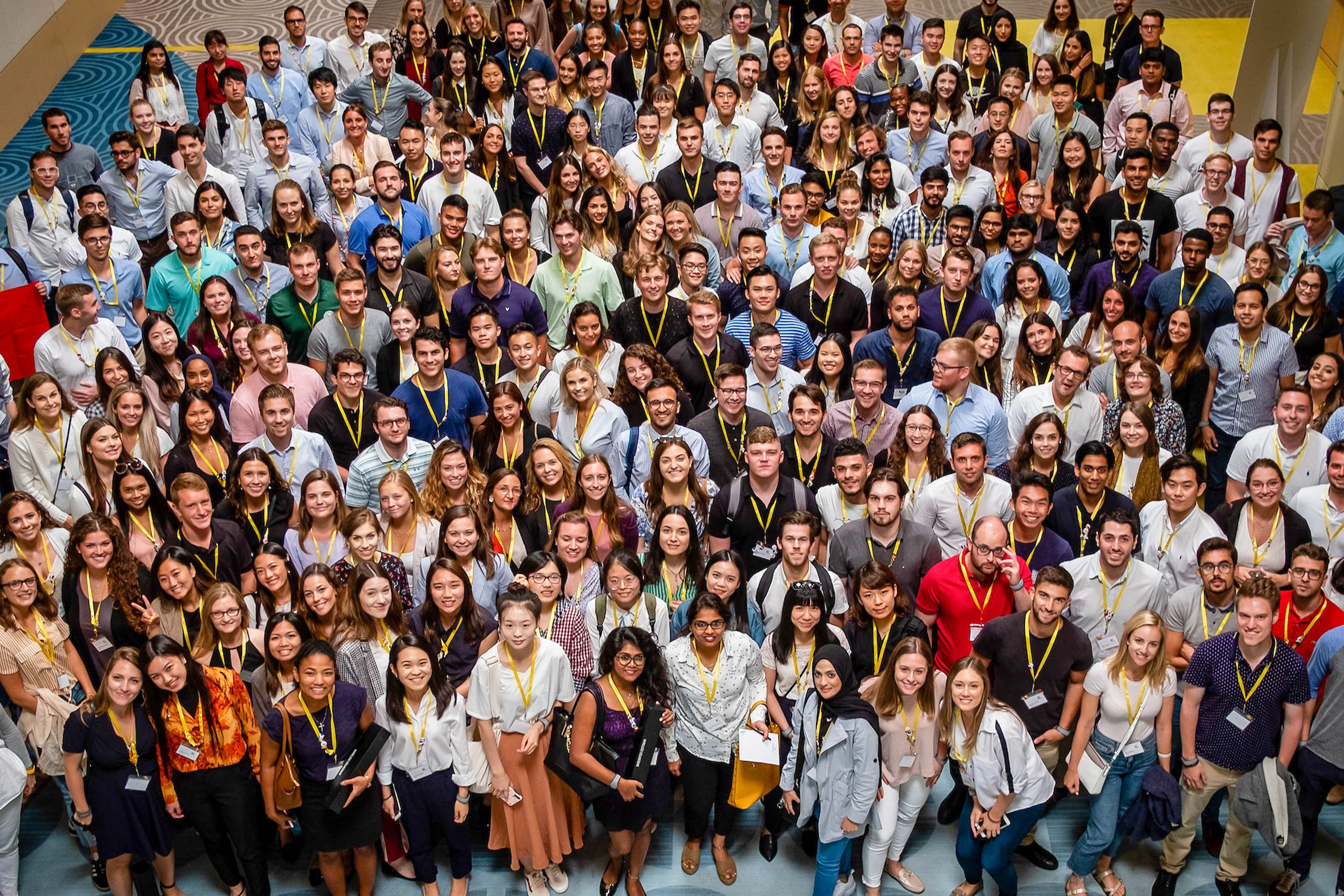
How we are creating longterm value for people EY Czech Republic
When the word 'people' is used, it refers to a particular group of people belonging to a nation/community/race/ethnicity, for example, 'The people of the United States of America chose Joe Biden as their president', whereas the word 'peoples' is used when one is referring to groups of human beings belonging to different nations/communities/ethni.
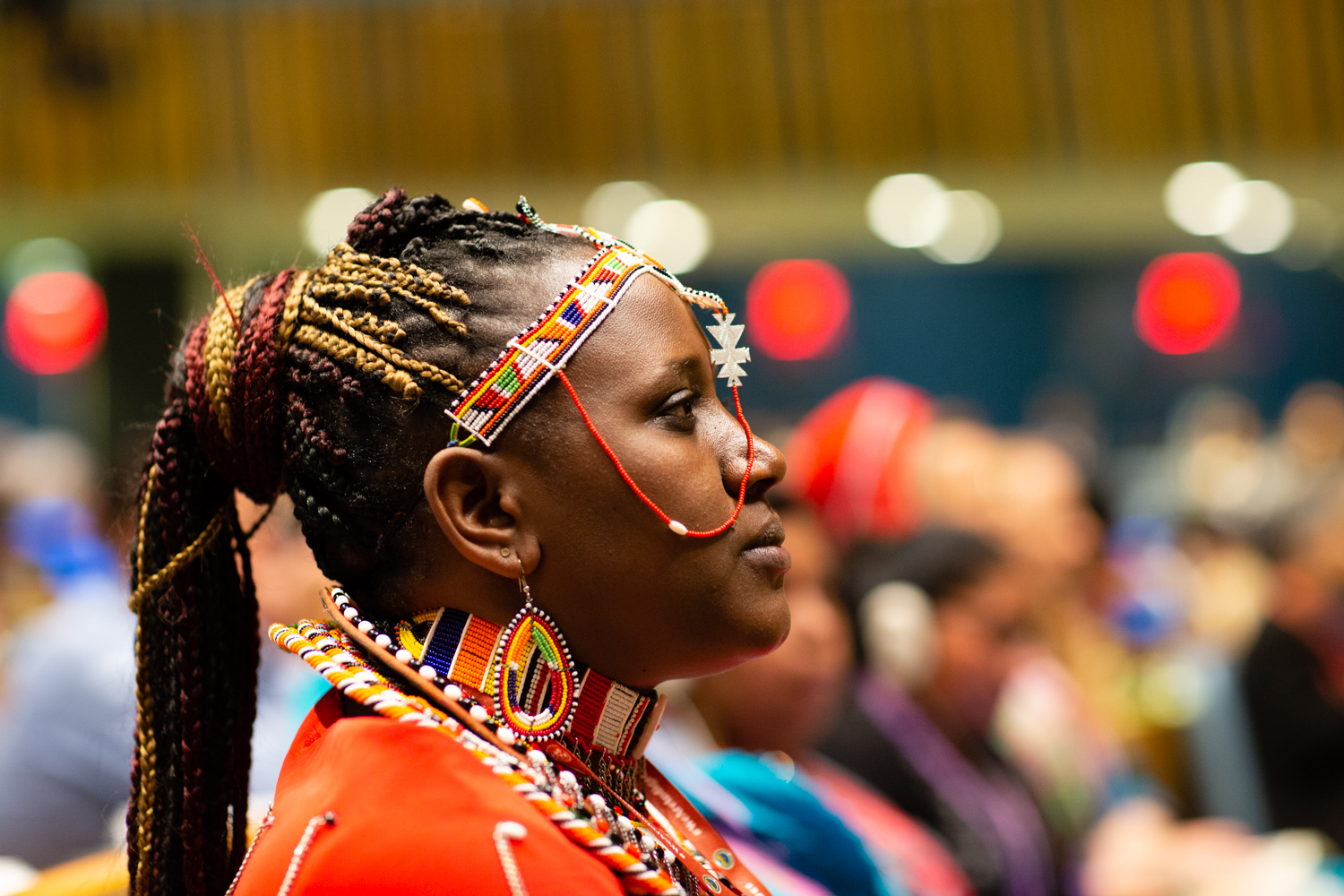
International Day of the World’s Indigenous Peoples 2019 United
4 `person'. Person is a countable noun. A person is an individual man, woman, or child. There was far too much food for one person. Chen is a good person to ask if you have a computer problem. The usual plural of `person' is people, but in formal English persons is sometimes used. No unauthorized persons may enter the building.